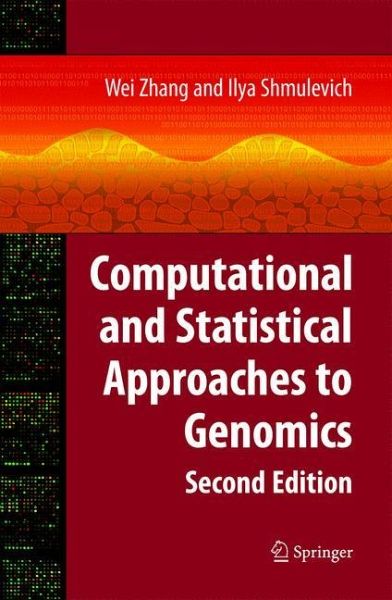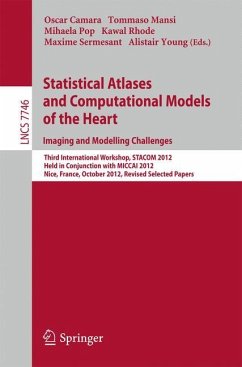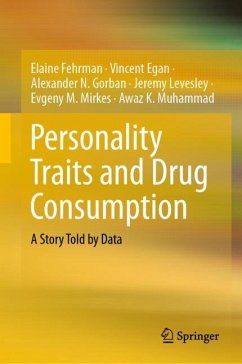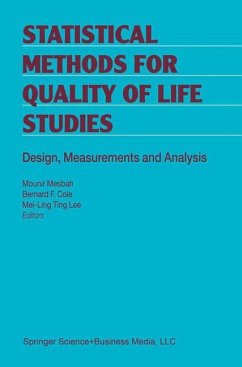
Computational and Statistical Approaches to Genomics
Versandkostenfrei!
Versandfertig in 1-2 Wochen
115,99 €
inkl. MwSt.

PAYBACK Punkte
58 °P sammeln!
The 2nd edition of this book adds 8 new contributors to reflect a modern cutting edge approach to genomics. The expanded scope includes coverage of statistical issues on single nucleotide polymorphism analysis array, CGH analysis, SAGE analysis, gene shaving and related methods for microarray data analysis, and cross-hybridization issues on oligo arrays. The authors of the 17 original chapters have updated the contents of their chapters, including references, on such topics as the development of novel engineering, statistical and computational principles, as well as methods, models, and tools ...
The 2nd edition of this book adds 8 new contributors to reflect a modern cutting edge approach to genomics. The expanded scope includes coverage of statistical issues on single nucleotide polymorphism analysis array, CGH analysis, SAGE analysis, gene shaving and related methods for microarray data analysis, and cross-hybridization issues on oligo arrays. The authors of the 17 original chapters have updated the contents of their chapters, including references, on such topics as the development of novel engineering, statistical and computational principles, as well as methods, models, and tools from these disciplines applied to genomics.














